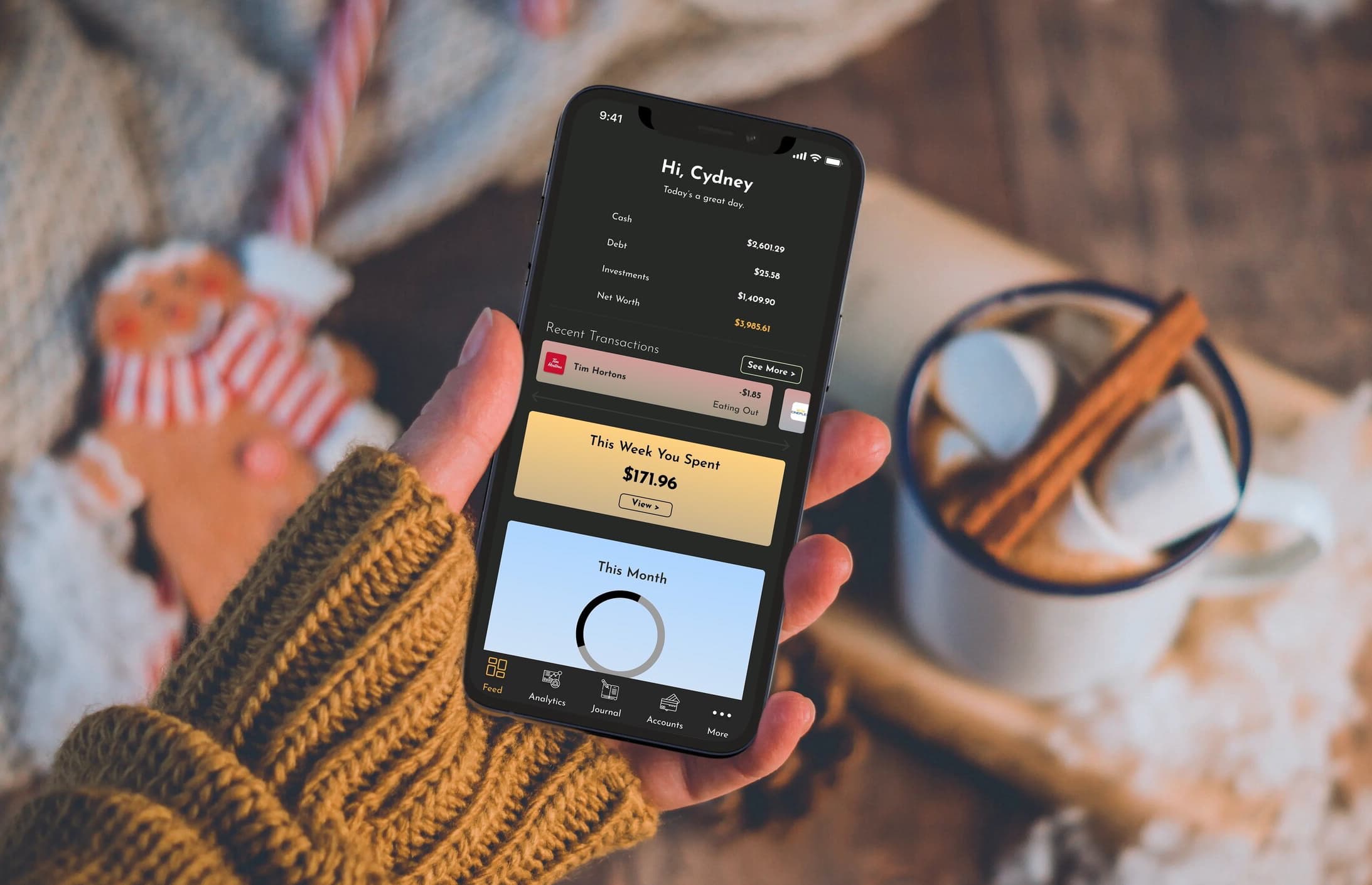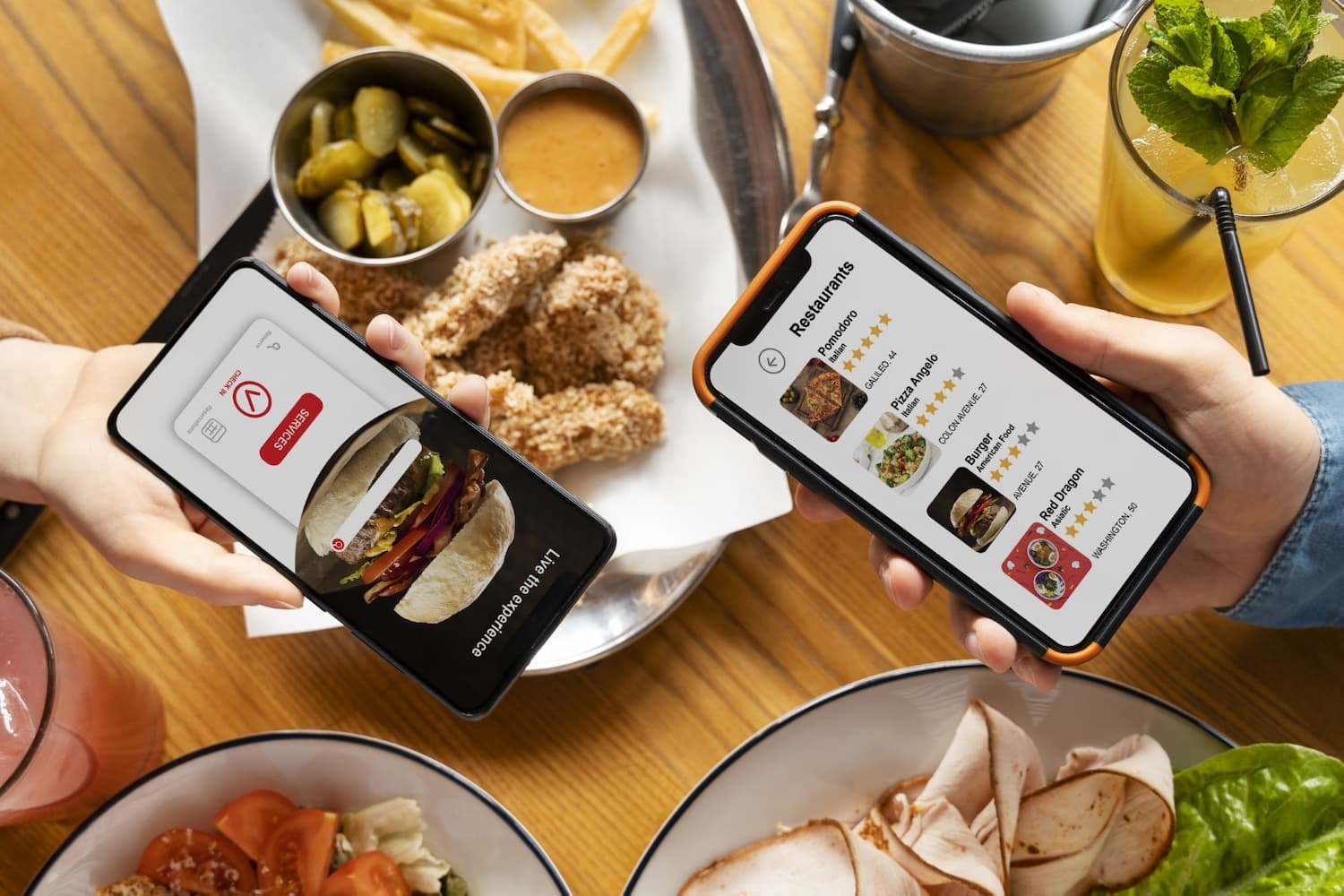Your app must get moderated to become available for download on the App Store, no matter whether this app is new or it is just an update.
In case the App Store moderators did not find any problems, the account owner will get a message about this to their email sometime later (it commonly takes two to seven days). Then, the app appears in the App Store within a day.
If the moderators find something wrong, an account owner will get a less pleasant message to the same email address. It will inform that the moderators have rejected the app for specific reasons. It may also contain recommendations on what and how to fix the product.
Check some statistic data and facts:
- Every week, users submit more than 100,000 apps to the App Store for moderation, and an average of 40% of them are rejected for different reasons.
- App Store rejected approximately 1 million apps and 1 million updates in 2020. Moderators have removed 48,000 apps for utilizing hidden or undocumented features.
- In 2020, the App Review team rejected over 215,000 apps for all sorts of privacy violations.
- App Store review process engages over 500 human experts; less than 1% of rejections are appealed.
Your mobile app may get rejected for various reasons, but both product developers and customers should know the essential ones. This information will help you avoid common mistakes and increase the chances of entering the market.
Why Apple Rejects Apps in the App Store: Key Reasons and Ways to Avoid Rejection
Unlike its competitors, Apple’s App Store takes app publishing quite seriously. That is why while building a product aimed at iOS users, you should take into account the requirements and quality criteria raised by the corporation.
We have put together a checklist of obvious and not so obvious reasons why the App Store rejects apps. Read more about them below in the article.
1. Non-compliance with Store Requirements
The App Store has documentation called App Store Guidelines describing specific requirements for app publishing. You can read it on Apple’s official websites. Before you submit a product to the app store, it is crucial to review these requirements and check your app for compliance with them.
2. Performance Issues
Apps with multiple bugs and evident performance issues become primary candidates for rejection.
If the app interface is too complex or unfinished, it is also the case. If you fail to meet the interface requirements specified in the design guidelines, it will force Apple to reject your app.

Want to start a project?
Our team is ready to implement your ideas. Contact us now to discuss your roadmap!
3. Inappropriate Content
If your app contains sensitive content of any kind, your app description should notify potential users about it. When users try to download such a product, the app must request their age.
Developers must mark appropriate ratings and age ratings to their apps. Otherwise, your app will not get added to the store.
4. Plagiarism
Apps of this kind commonly include false, fraudulent, or misleading information or titles and icons copying the titles and icons peculiar of other famous apps. This rule include content-rights to third-party content.

5. The App Mismatches Description and Screenshots
If your mobile app’s title, description, and screenshots do not match its actual content and functionality, moderators will reject it. The team may regard even the slightest misleading information as misinforming users, and that will lead to rejection.
You should finish up your app completely before submitting it for review. It is essential to implement all planned functionality before publishing your product.

6. No Change Log for an Update
If your app gets new functionality when you release an update, you must describe it in a dedicated field in App Store Connect. When lacking a clear change description, your app will fail to pass the review.
7. Unauthorized Access to User Data
Apple changed its advertising policy in 2021. To collect data for ad campaigns, your app must request permission from users to track their activity.
8. In-app Purchases
You must sell digital content exclusively through in-app purchases. Digital content includes subscriptions, in-app music, videos, and extended access to features.
Your app must not force users to take additional actions to unlock content or features, for example, rate, leave a review, or install another app.

Want to start a project?
Our team is ready to implement your ideas. Contact us now to discuss your roadmap!
9. Privacy Policy
If your app:
- is designed specifically for children, and you plan to distribute it through the appropriate category in the App Store;
- requests or collects personal data about users (including names, email addresses, locations, photos, etc.);
- allows users to register or log in to an online service account, you must develop a privacy policy in English for the Apple team.
If you want to know more about how to properly compose this document, Google will help you find enough data on this matter.
What Can You do in Case Your App Gets Rejected?

When your iOS app has got rejected anyway, you still can correct errors and file an appeal.
Study the reason for the rejection carefully, spare no time, and pay good attention to testing your product. In addition to the issues marked by the Apple moderators, check other things too. More reasons for rejection may be available, and moderators could have just skipped them in the accompanying notice.
The Lvivity team has been developing mobile apps for more than seven years. We will be happy to help your business ideas come true, regardless of the target platform. Contact us, and let’s talk about details.
Flexibility, efficiency, and individual approach to each customer are the basic principles we are guided by in our work.
Our services



